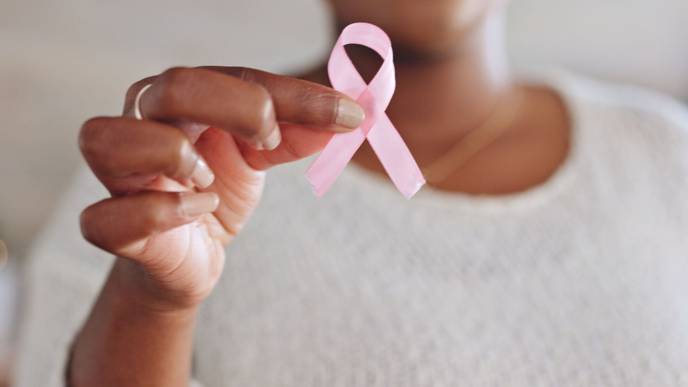Preventive Mastectomy Less Common for Black Women with Breast Cancer

04/15/2024
by Dennis Thompson
Black women with cancer in one breast are less likely than white women to have the healthy breast removed as well, a new study has found.
Women with cancer affecting one breast often elect to have the other breast removed, for a variety of reasons, researchers said.
But it appears Black women are less likely to be afforded that option, particularly in hospitals that largely treat white patients, results show.
Overall, Black women are 35% less likely than whites to undergo the procedure, which is called contralateral prophylactic mastectomy (CPM), researchers found.
Even in hospitals that serve a larger proportion of Black patients, Black women are 17% less likely than whites to get a CPM, results show.
The fact that these differences persist in Black-serving hospitals "suggest these racial disparities to be encoded structurally," said lead researcher Amulya Vadlakonda, a third-year medical student at the David Geffen School of Medicine at UCLA.
"We need to examine the systems-level factors affecting the care of Black women and address the deeper causes of structural racism to ultimately lead to equitable outcomes for all patients," Vadlakonda added in a UCLA news release.
About one in eight women in the United States develop breast cancer, and Black women continue to be at greater risk of death from the disease compared to white women, researchers said in background notes.
A woman might choose to undergo a CPM so she won't have to worry about her cancer recurring in the healthy breast, or due to the cost and hassle of continuing to get mammograms of her remaining breast, researchers said.
She might also choose CPM for cosmetic reasons, so her chest is symmetrical following removal of the cancerous breast, researchers said.
The long-term benefit of the procedure remains controversial, Vadlakonda said.
"Nonetheless, it remains important to equitably engage patients of all races in shared decision-making," Vadlakonda said. "Some women may feel that CPM is best for them, while others may wish for breast conservation as much as possible. Every patient should be able to make that decision for themselves when medically possible."
For the study, the researchers analyzed data from the National Cancer Database from 2004 through 2020. The data included nearly 598,000 women, of whom about 12% were Black.
The new study was published April 11 in the Journal of the American College of Surgeons.
More research is needed to determine whether this disparity is caused by physicians not offering the procedure or Black women declining it, Vadlakonda said.
"Our findings underscore that there is still a lot of work to be done to ensure equitable outcomes for patients of all races," Vadlakonda said.
"The wide variation in the utilization of CPM across hospitals suggests that there is poor standardization in practice, which disproportionately affects Black patients," Vadlakonda added. "We hope our findings will empower all patients to have open discussions with their doctors about the treatments that would be right for them."
More information: Amulya Vadlakonda et al, Current Status of Contralateral Prophylactic Mastectomy: Investigating Structural Racial Disparity, Journal of the American College of Surgeons (2024). DOI: 10.1097/XCS.0000000000001089
Susan G. Komen has more about contralateral prophylactic mastectomy.
Copyright © 2024 HealthDay. All rights reserved.
Citation: Preventive mastectomy less common for black women with breast cancer (2024, April 11) retrieved 11 April 2024 from https://medicalxpress.com/news/2024-04-mastectomy-common-black-women-breast.html
This document is subject to copyright. Apart from any fair dealing for the purpose of private study or research, no part may be reproduced without the written permission. The content is provided for information purposes only.

Facebook Comments